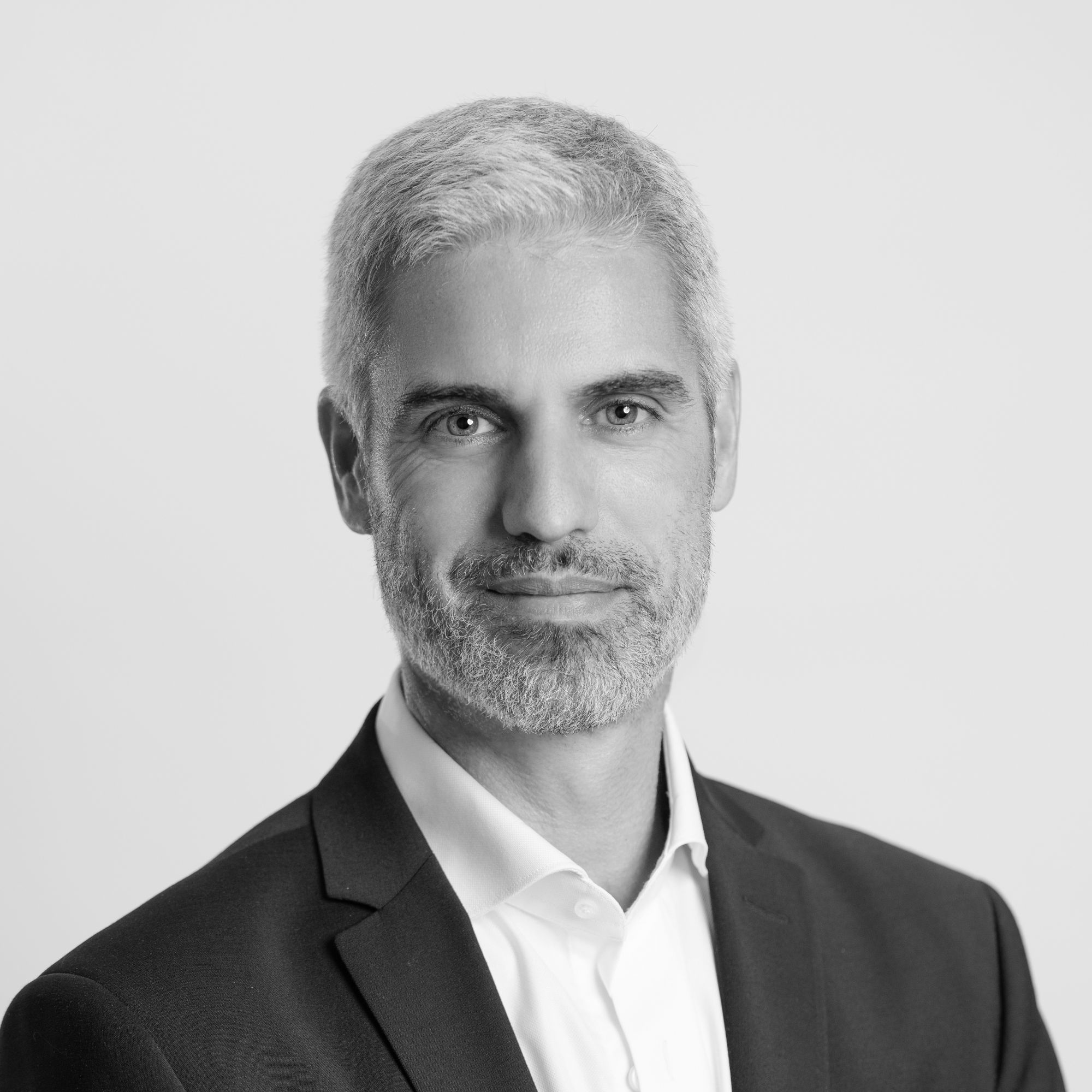- Home
- EN
- Our impact
- ProspeKtive
- The constructions of tomorrow must be sustainable and recyclable

The constructions of tomorrow must be sustainable and recyclable
December 2021
The experts
Committed to sustainable real estate, the Kardham group uses its unique structure of integrated businesses to offer complete solutions, from upstream to the delivery of eco-designed projects that meet environmental regulatory requirements. Interview with David Habrias, associate managing director in charge of architecture, and Sylvie Simon-Elia, director of the Engineering division of the Kardham group.
Editorial published in BIG, the Business Immo magazine.
A player committed to the circular economy, the Kardham group is part of a virtuous environmental practice on a daily basis. The company, which has the particularity of integrating all the business skills of the professional real estate value chain (consulting, architecture, space design, engineering, digital), brings together 400 professionals with complementary profiles (consultants, architects, engineers, designers, sociologists, etc.) to support users and professionals in their thinking, from the design of projects to their complete delivery, but also throughout their operation until their possible deconstruction. Associating with the ambitions of its clients (investors, owners, users) Kardham has a wide range of tools to deal with environmental issues in a holistic manner. "Raising the owners' awareness of the environmental impact of construction is a major issue to which we respond by benchmarking solutions and information, particularly regulatory, upstream of projects and from the design phase of a building”, explains David Habrias, Managing Director in charge of architecture at Kardham. In urban centers, the group particularly favors the rehabilitation of existing buildings over new construction and recycles materials during the construction phase. The buildings built are intended to be upgradeable, capable of changing use over time.
Sustainable development-oriented engineering
Thanks to the different professions brought together within its structure, Kardham has the capacity to work on shorter iterative cycles, with mastered tools, and to gain finesse in ecodesign logic. “Our engineering is strongly oriented towards sustainable development. Our skills are resonated with parametric design tools that allow a multitude of criteria to be varied to achieve optimum efficiency in our constructions”, explains Sylvie Simon-Elia, director of the Engineering division. An R&D unit is also working on structural subjects, and in particular on improving the environmental performance of concrete, the integration of mixed structures, wood industries, or even bio-based materials. “The starting point for our thinking is usage. Our sociologists and ergonomists anticipate the transformation of uses in order to optimize the material in a long-term perspective, "adds David Habrias. The group has initiated several research projects and innovative constructive models, in particular via 3D printing. Some of these studies are carried out in partnership with Essec and the École des Ponts. "The objective is to create bridges with the R&D units of our partners and to apply the study subjects on which we are working", indicates Sylvie Simon-Elia.
A digital cell
With the development of Kardham digital, the first digital company adapted to the building sector, the group is using new technologies to improve the environmental performance of assets. "The digital tools for analyzing and collecting data from a building allow finer control of its consumption, so as to develop uses in a constant concern for efficiency", assures David Habrias. As the health crisis reminded us that office buildings were empty 80% of the time, we need to think about the management of these spaces. For Sylvie Simon-Elia, the penetration of digital, from the design to the operation of buildings, is an extension of BIM. "We have developed a facade cladding and double skin system integrating parametric tools which very precisely calculate the best openings to capture the right light factor and optimize the caloric intake in summer, according to the exposure of the facade and the pattern that we want to develop”, explains David Habrias. Another example, Kardham manages the flex office management tools for the Axa group, thus facilitating the distribution of workspaces according to users. And for good reason, teleworking involves a reconfiguration of shared spaces. “The demand covers 50% of offices and 50% of workstations. This change involves rearranging the platforms and has an impact on the use of air conditioning by upgrading the existing technique or via reuse channels, if possible", explains Sylvie Simon-Elia.
Anticipate upcoming environmental regulations
Attentive to trends, Kardham applies a scientific approach to build the real estate of tomorrow by collecting as much data as possible from building users. "The certainties we had about buildings are changing and are pushing us to think about new sustainable and recyclable constructions", observes David Habrias. “We are campaigning so that the structure of the buildings can last more than 50 years and be reconfigured according to the societal evolutions of the city." The regulatory context - and in particular the RE2020 - obliges operators to accelerate their environmental transition. Kardham guides and advises companies in the choices of CSR investments appearing in their governance plans. "The Climate and Resilience Law promulgated in August 2021, one year after the AGEC1 law which will be effective in January 2022, testifies to the increased awareness of environmental and climate issues since the start of the health crisis. Companies consider the end of life of their buildings before even designing them”, notes Sylvie Simon-Elia. The green revolution is underway, Kardham is there to support companies to participate.
Release date: December 2021




